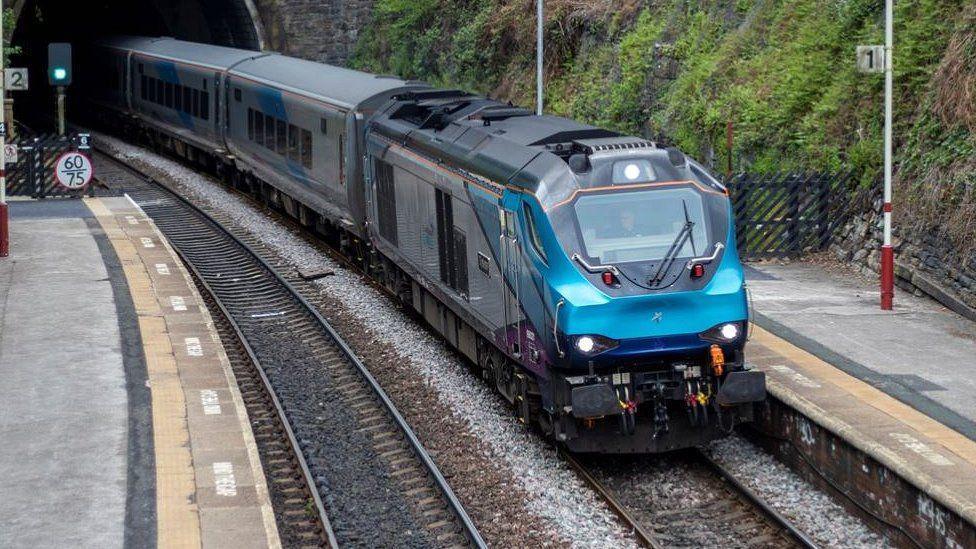Landslip derailment line reopens
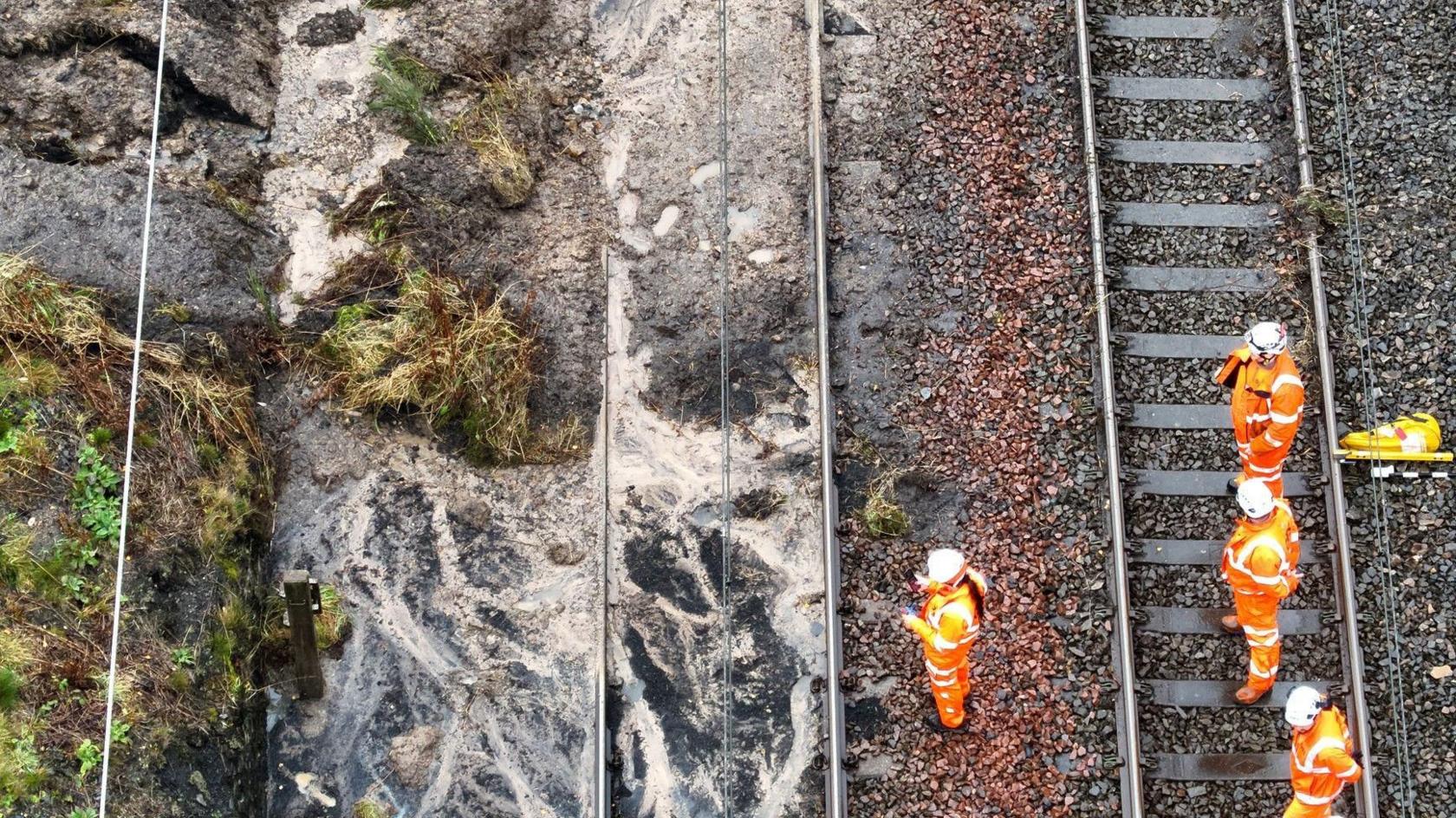
No trains have been running north of Preston and south of Carlisle since the Avanti West Coast Glasgow to London service left the tracks
- Published
A stretch of the West Coast Main Line has reopened following a derailment believed to have been caused by a landslip.
No trains had been running north of Preston and south of Carlisle since the Avanti West Coast Glasgow to London service left the tracks near Shap on Monday morning.
It was not the first time the stretch of track had been hit by problems, with delays last year after heavy rain led to a landslip.
Network Rail said the line reopened at 19:19 GMT and that it was taking action to "improve the resilience" of the route including investing millions of pounds in earthworks to stabilise embankments and cuttings.
It also said no passenger services were due to use that part of the line on Tuesday evening except the Caledonian Sleeper.
A normal timetable is expected to resume on Wednesday, a spokesperson said.
Tim Farron, the Liberal Democrat MP for Westmorland and Lonsdale said two landslips in his constituency in 18 months should be a "wake up call" and he was "very concerned".
He said Network Rail should "stop doing track maintenance north of Warrington and all the way through Cumbria on the cheap".
He added that he would be raising the issue with the transport secretary as well as discussing the long-term infrastructure on the West Coast Main Line.
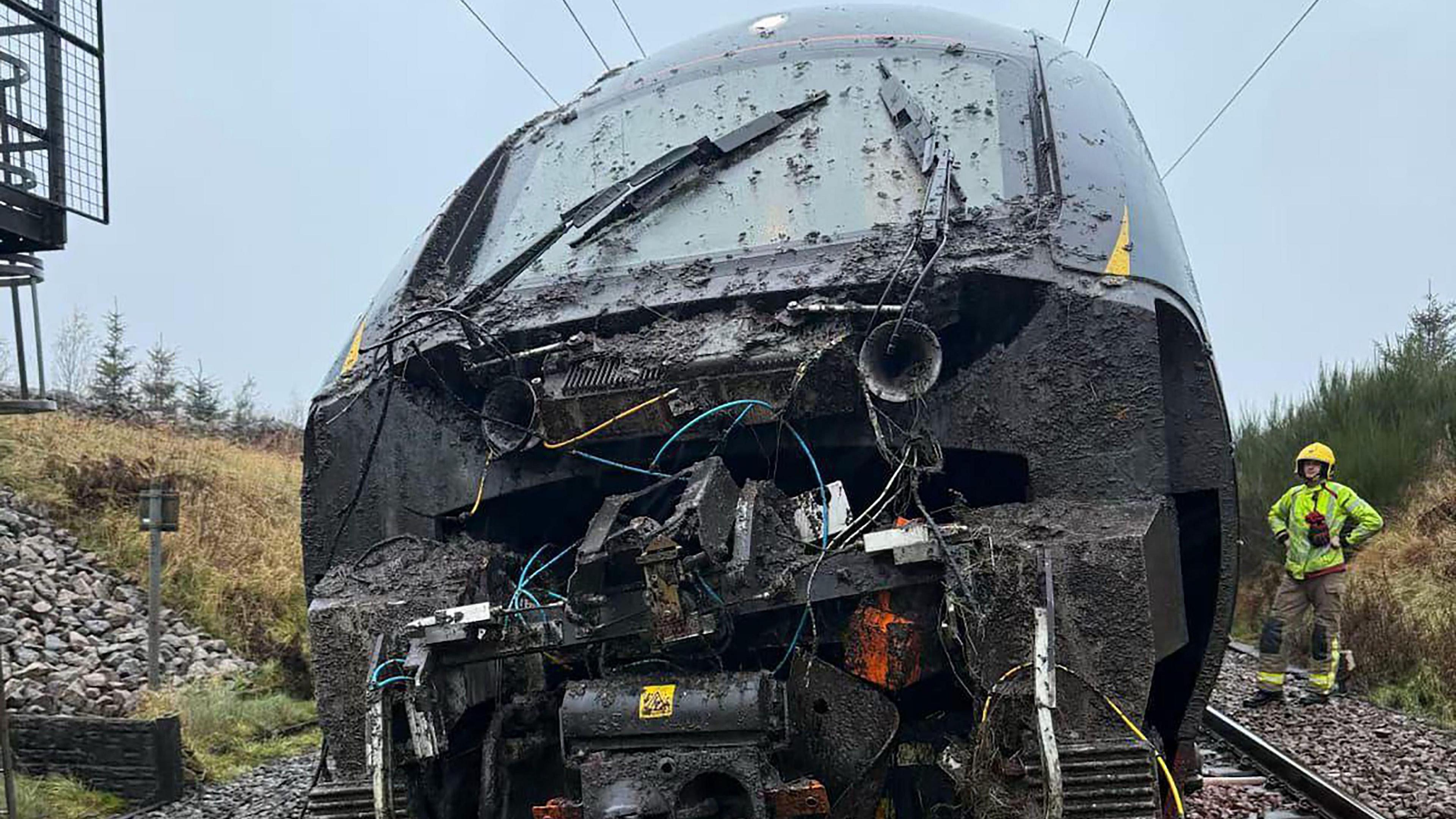
The train travelling from Glasgow to London derailed in Cumbria at 06:10 GMT on Monday
Mick Whelan, general secretary of ASLEF, the train drivers' union, said: "While we understand that there are many cuttings, embankments, bridges, and viaducts on the 10,000 miles of line on Britain's railway network, it is vital that Network Rail has the money to ensure that landslips and other failures, do not happen."
A Network Rail spokesperson said: "Due to the wetter weather, we are improving the resilience of the West Coast Main Line using a range of monitoring technology across the network, including track sensors, CCTV and remote condition systems to help detect movement and respond quickly when ground conditions change.
"In addition, £30m is also being invested in earthworks across Lancashire and Cumbria over the next four years to stabilise embankments, track beds and cuttings."
Follow BBC Cumbria on X, external, Facebook, external, Nextdoor and Instagram, external.
Get in touch
Do you have a story suggestion for BBC Cumbria?
Related topics
- Published4 November
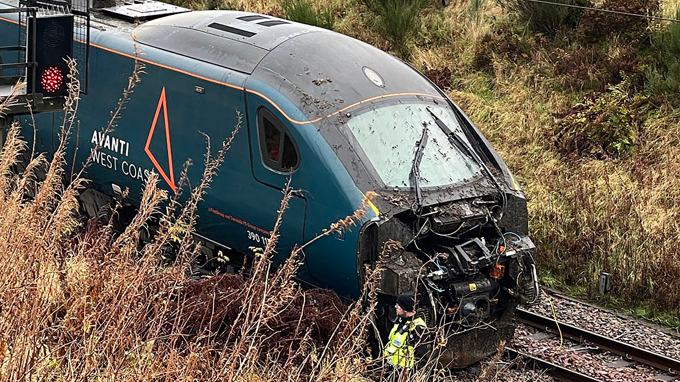
- Published3 November
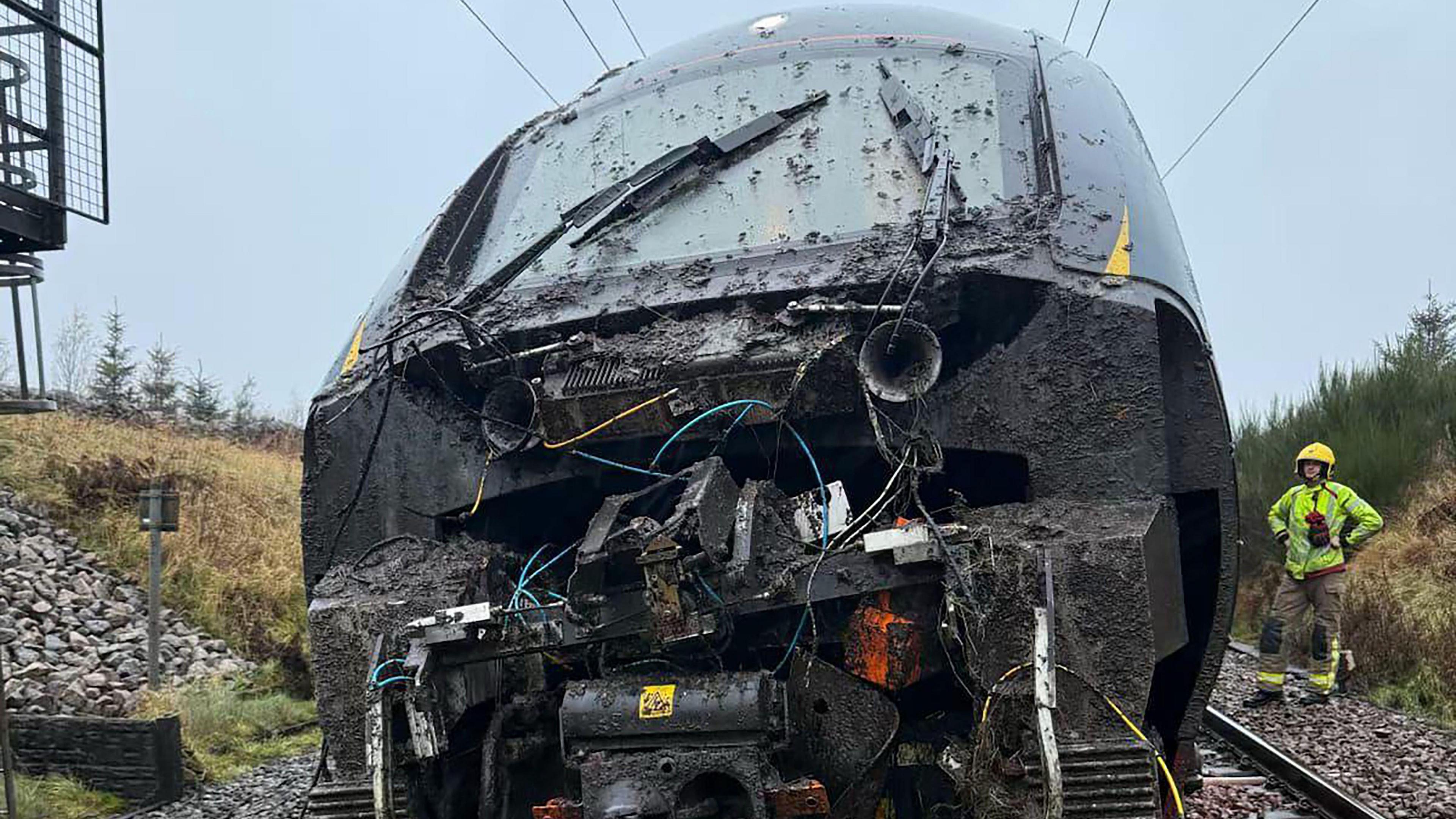
- Published17 July 2024
